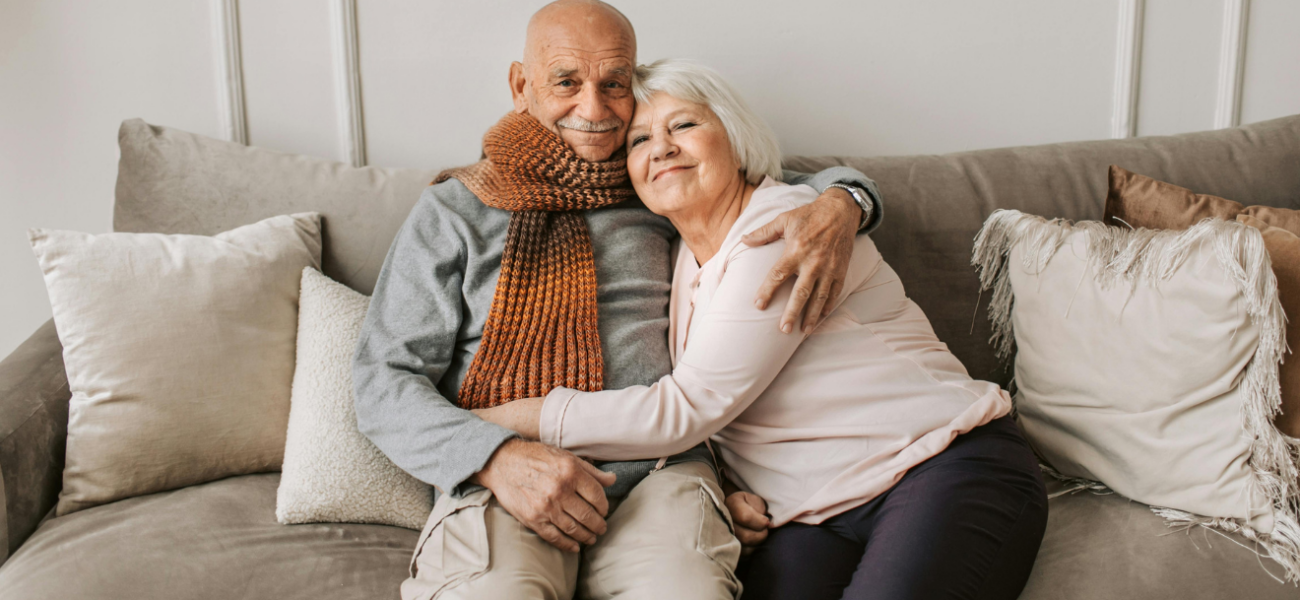
Exercising for a Longer Life
November 25, 2023
Make The Most of Your Retirement
March 4, 2024Nothing beats the sense of relief and relaxation when crawling into bed after a long day. For many, getting a good night’s rest isn’t so easy. Some nightly rituals evolve into a betting game of whether you’ll be able to make it through the night without some sort of discomfort.
Whether it be sleep apnea, or muscle and joint pain, there are a lot of factors that can potentially disrupt your sleep. The hours of sleep we get each night really matter and can take a toll on your health cognitively, psychologically, and even emotionally. Yes, being grumpy due to not getting enough sleep does have scientific truth.
Of course, feeling groggy or moody when sleep deprived is pretty typical, but how much sleep is enough? Most experts believe that the sweet spot for a healthy amount of sleep is between 7 and 7 and a half hours. Anything less has the potential to put you at risk to sleep disorder.
According to the International Classification of Sleep Disorders (ICSD), “Chronic insomnia is the inability to attain sufficient sleep (despite adequate opportunity) for at least three nights per week for three months or longer, with negative daytime consequences”. Around 70 million Americans have a sleep disorder of some kind, while 80% of disorders may be undetected or diagnosed. So, take note that if you can’t sleep for three or more nights during the week, you may be prone to a sleeping disorder and should consult your doctor for treatment.
To reduce those sleepless nights and be in a better mood, here are a few ways to improve the way you sleep.
1. Make a routine
Getting your nightly routine on a strict schedule every night will help with getting your circadian rhythm, or your body’s natural core clock, aligned. Try to make your bedtime routine at around the same time each night to keep your sleep on schedule.
2. Plan out your meals
It is important to not consume large meals, or drink alcohol and large amounts of fluids before you plan on going to bed. You’ll be ready to sleep and your body will be ready to stay up working to digest it all. Plan ahead!
3. Cut out screen time
Turning off your TV, cell phones, and other electronics at least 30 minutes before bed will help you get you ready for snoozing. This helps to limit light exposure before bedtime. Set yourself up for success and you’ll be ready for a good night’s rest in no time at all!

